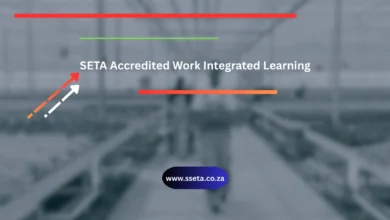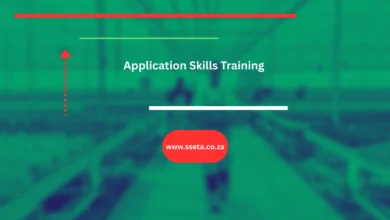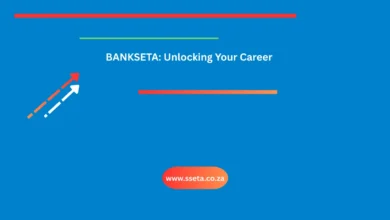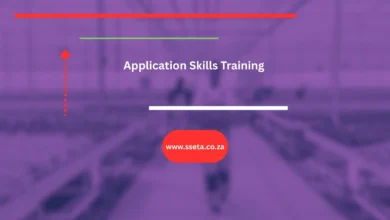LLB Skills in Training Programme 2025 | A Complete Guide for South African Law Graduates
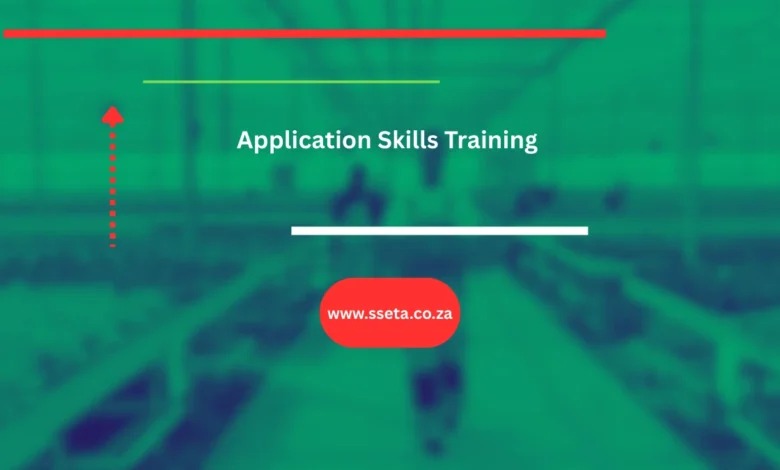
Introduction: From Law School to Legal Practice
Completing an LLB degree is a major milestone. Yet, every law graduate soon realises that the real challenge lies beyond university lecture halls. The South African legal profession demands more than theoretical knowledge—it requires practical skills, professional ethics, and the ability to serve clients effectively.
This is where the LLB Skills in Training Programme 2025 steps in. LLB Skills in Training Programme 2025 Designed to bridge the gap between academic study and professional practice, the programme equips graduates with the competencies, confidence, and practical tools needed to succeed in today’s legal environment.
Visual idea: A “bridge” graphic showing the transition from “University” to “Legal Practice” with the LLB Skills Programme as the connecting path.
Why the LLB Skills in Training Programme Matters in 2025
South Africa’s legal system continues to evolve, influenced by constitutional values, social justice imperatives, and globalisation. For aspiring attorneys and advocates, the LLB alone is no longer enough.
The Skills in Training Programme addresses this by offering:
- Workplace Readiness: Turning theory into real-world practice.
- Hands-on Training: Simulated trials, drafting exercises, and negotiation practice.
- Mentorship: Guidance from practising lawyers and legal scholars.
- Confidence Building: Preparing graduates for client-facing and courtroom settings.
By the end of the programme, participants are not just graduates—they are work-ready legal professionals.
Visual idea: Infographic of “Four Pillars of Success” (Readiness, Training, Mentorship, Confidence).
Eligibility and How to Apply in 2025
Who Can Apply?
The programme is primarily designed for:
- LLB graduates from accredited South African universities
- Final-year LLB students needing practical exposure
- Young professionals seeking to refine their skills before entering articles or pupillage
General Requirements
- Completed LLB degree (or close to completion)
- Good academic standing (above-average performance recommended)
- Passion for legal practice and commitment to professional ethics
Application Process
- Check Official Announcements – Dates and requirements are usually published by universities, law societies, or training providers.
- Prepare Documentation – Updated CV, certified academic transcripts, copy of ID, and motivational letter.
- Online Submission – Most applications are processed through official portals.
- Assessment Stage – Some candidates may undergo written tasks or interviews.
- Selection & Enrollment – Successful applicants receive confirmation and programme details.
Key Timeline: Applications typically open mid-year, with final deadlines towards late 2025.
Visual idea: Step-by-step “Application Journey” graphic with icons for documents, online portal, interview, and acceptance.
Programme Structure: What You Will Learn
The LLB Skills in Training Programme 2025 is structured into modules that simulate real-world practice. Each module builds practical expertise through workshops, mentorship, and applied exercises.
Core Modules
- Litigation & Courtroom Skills
- Mock trials and advocacy training
- Drafting pleadings and affidavits
- Cross-examination practice
- Commercial Law & Contract Drafting
- Writing enforceable contracts
- Negotiation simulations
- Understanding business-client needs
- Alternative Dispute Resolution (ADR)
- Mediation and arbitration techniques
- Strategies for conflict resolution
- Professional Ethics & Practice Management
- Rules of professional conduct
- Legal Practice Act compliance
- Billing, costs, and client communication
- Legal Research & Analysis
- Using databases like LexisNexis, Juta, and SAFLII
- Advanced keyword search strategies
- Evaluating case precedents effectively
Visual idea: A modular timeline graphic showing the five stages of the programme.
Developing Legal Research and Analysis Skills
Advanced Legal Research Techniques
Participants learn to:
- Navigate online legal databases with precision
- Conduct legislative history research
- Analyse government gazettes and case digests
Practical tips like boolean operators, keyword filtering, and citation tracking ensure graduates become fast and reliable researchers.
Case Analysis & Precedent Interpretation
Understanding South African case law is central to the programme. Graduates practice:
- Extracting the ratio decidendi (binding principle)
- Distinguishing obiter dicta (non-binding remarks)
- Applying judgments from the Constitutional Court and Supreme Court of Appeal to fresh cases
Visual idea: Side-by-side example of a court case breakdown (facts, issue, judgment, precedent).
Mastering Communication and Client Management
Law is as much about people as it is about statutes. The programme emphasises clear communication, empathy, and trust-building.
Legal Drafting
- Pleadings, contracts, and legal opinions
- Avoiding jargon, ambiguity, and verbosity
- Writing persuasive and precise arguments
Oral Advocacy & Negotiation
- Mock court exercises with opening/closing arguments
- Structured negotiations with simulated clients
- Voice projection, confidence, and courtroom etiquette
Client Relations
- Best practices for interviewing clients
- Confidentiality and ethics in attorney-client relationships
- Building trust and managing expectations
Visual idea: Illustration of “The Three Faces of a Lawyer” – Drafting, Advocacy, Client Care.
Ethics and Professional Responsibility
A core strength of the programme is its focus on ethical practice.
Core Ethical Principles
- Honesty and transparency in all dealings
- Loyalty to clients while upholding the rule of law
- Responsibility to the courts and the public
The Legal Practice Act 28 of 2014
Participants study the framework that governs South African legal practice. Topics include:
- Code of conduct
- Disciplinary procedures
- Professional accountability
Visual idea: Scales of Justice icon representing integrity and fairness.
Practice Management and Time Efficiency
Lawyers work in high-pressure environments. This module builds organisational efficiency.
- Time Management: Meeting deadlines without burnout
- Case Management Systems: Using digital tools to organise workloads
- Billing and Fees: Understanding hourly rates, contingency fees, and ethical billing
Visual idea: Calendar + clock + case files graphic showing workload balance.
Building Networks and Career Pathways
Networking Opportunities
- Joining associations like the Black Lawyers Association and Law Society of South Africa
- Attending legal workshops, CPD seminars, and moot courts
- Connecting with alumni and mentors
Post-Programme Career Opportunities
Graduates typically pursue:
- Articles of Clerkship (pathway to becoming an attorney)
- Pupillage (training to become an advocate)
- Corporate Counsel Roles in businesses
- Government Advisory Positions
- Specialised Practices (environmental, labour, human rights law)
Continuous Professional Development (CPD)
The programme encourages lifelong learning through CPD points, short courses, and seminars.
Visual idea: Career tree infographic with multiple branches representing career paths.
Real-World Training: Case Studies and Simulations
One of the programme’s most valuable aspects is practical simulation.
- Case Studies: Handling disputes across fields like criminal defence, commercial law, and family law.
- Mock Trials: Arguing in front of mentors who act as judges.
- Negotiation Exercises: Finding settlements that balance client interests.
Visual idea: “Courtroom Simulation” photo of young lawyers practicing arguments.
Mentorship and Feedback
Experienced lawyers act as mentors, offering:
- One-on-one guidance
- Constructive feedback on research, drafting, and advocacy
- Professional insights from real practice
This feedback loop helps participants improve continuously, ensuring steady growth.
Tips for Success in the Programme
To thrive in the LLB Skills in Training Programme 2025:
- Be Proactive – Engage actively in simulations and discussions.
- Seek Feedback – Use criticism as a tool for growth.
- Network – Build meaningful connections with peers and mentors.
- Stay Organised – Manage your time effectively to balance multiple modules.
- Reflect – Regularly assess your progress and adjust your strategies.
Visual idea: A checklist graphic titled “5 Keys to Success.”
Conclusion: Shaping the Future of South African Legal Practice
The LLB Skills in Training Programme 2025 is not just another qualification—it is a career accelerator. By blending academic theory with real-world practice, it transforms law graduates into confident, ethical, and capable legal professionals.
Whether your goal is to become an attorney, advocate, or corporate counsel, the skills gained here will set you apart in a competitive job market.
Final Takeaway: If you are serious about turning your LLB degree into a successful legal career, the 2025 Skills Programme is a stepping stone you cannot afford to miss.

